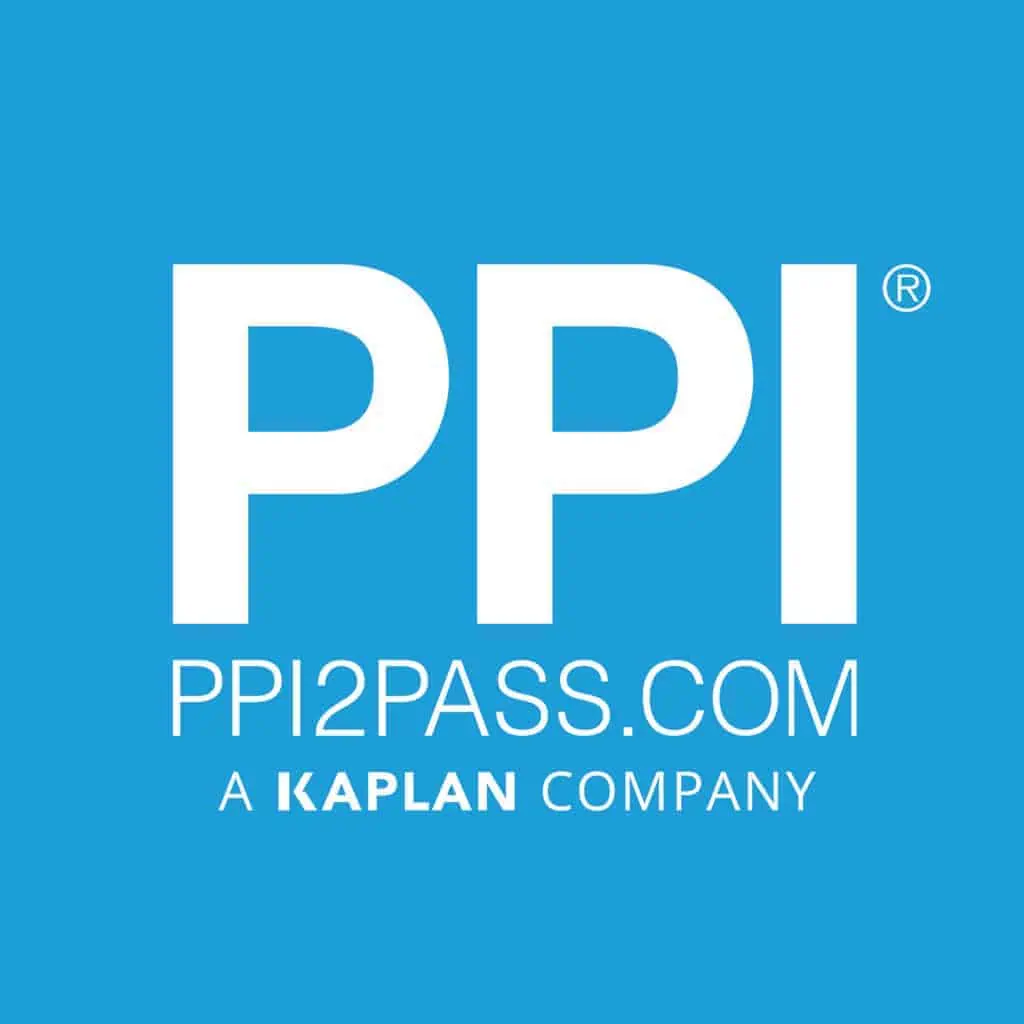In this episode, (and video above), I talk to Anton Saunders, PE, a Structural Engineer at Greenman-Pedersen Inc, located in Maitland, Florida, who recently obtained his PE license about how he used a three-phase process to prepare for the exam, and how to calm your nerves on exam day.
Here Are Some of the Questions I Ask Anton:
- Can you speak more to how having a Masters in Civil Engineering impacted the process of obtaining your license, particularly in regards to the amount of experience required?
- What was your experience like taking the Civil Structural PE exam, and did you face any unexpected challenges during the exam?
- What strategies did you use to prepare for the PE exam, particularly in regards to creating a study guide schedule?
- How did practice problems contribute to your preparation for the PE exam, and what role did they play in solidifying your understanding of the material?
- Are there any other strategies or tips that you would recommend when studying for the PE exam?
- How important is self care and prepping yourself the day before the PE exam?
- What additional tips do you have for managing nerves and staying focused during the PE exam itself, particularly on the day of the test?
- Do you have any final piece of advice for listeners that will be taking the PE exam in the near future?
Here Are Some of the Key Points Discussed in This Episode:
[Read more…] about PE Exam Preparation Tips: A Three-Phase Process for Success (In 2023)

